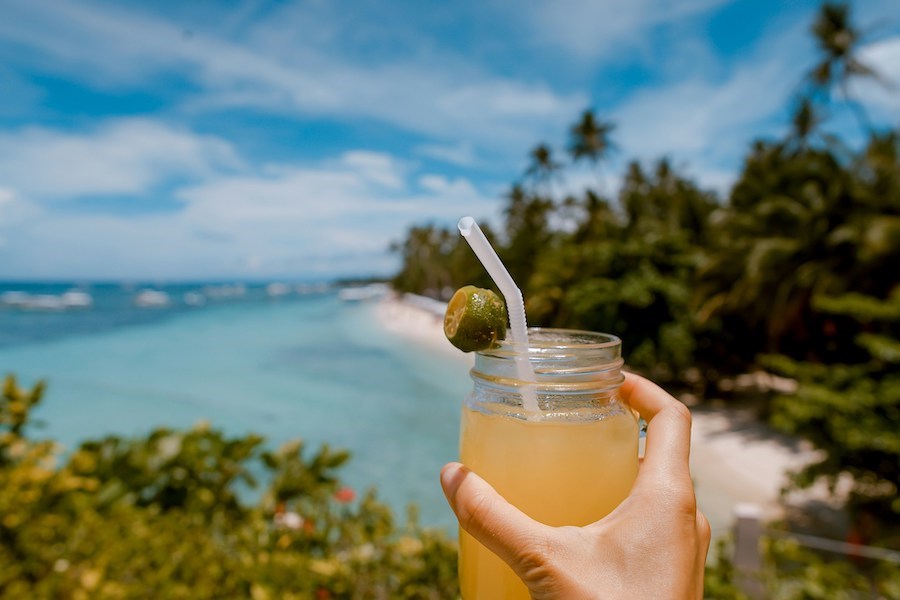It’s time to go on vacation. FoodReady has compiled a list of tips to avoid food poisoning while traveling so you can enjoy a worry-free trip.
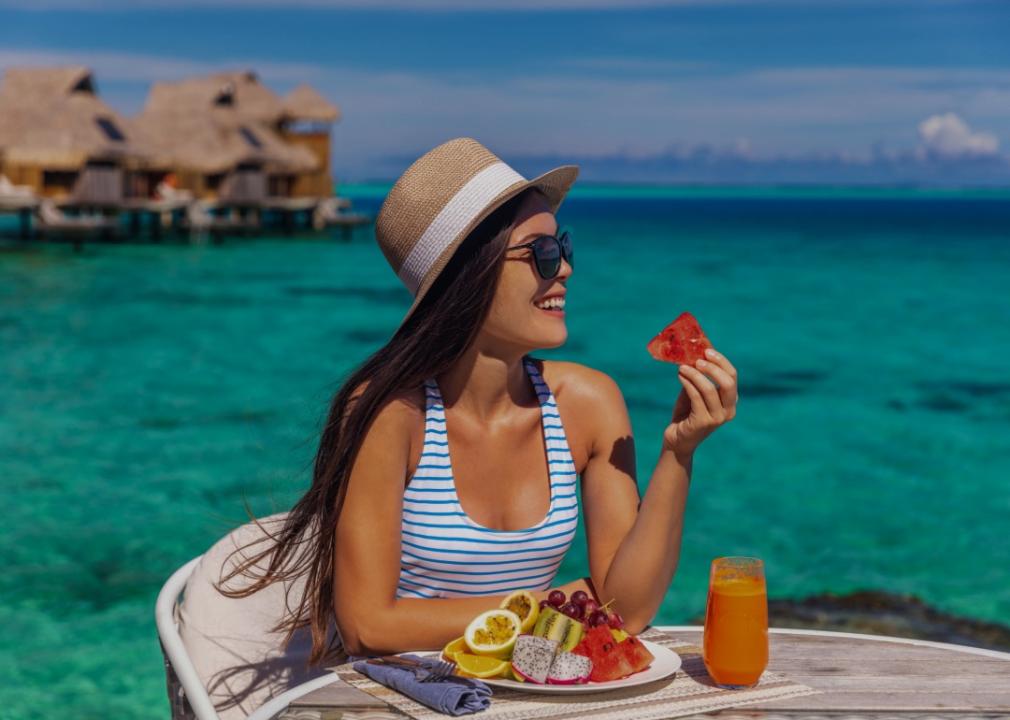
7 Tips to Avoid Food Poisoning While Traveling
Why do we travel? Novelist Gustave Flaubert said, “Traveling makes you humble. You see how small a place you occupy in the world.” Travel journalist Bill Bryson once remarked on his love of the childlike wonder of finding yourself in a new country. And Hans Christian Andersen, author of “The Little Mermaid,” simply said, “To travel is to live.”
For many, traveling is an opportunity to leave behind the hassles of everyday life, immerse yourself in a new and exciting world, try new things, make new friends, and create lasting memories. The culinary experience, in particular, is one of the many joys of traveling. From high-end restaurants to street food stalls, every traveler knows the irresistible charm of authentic local cuisine.
But there’s a downside: just one bad bite can lead to food poisoning, making you sick and having to rush to the bathroom all day. Rather than avoiding local cuisine altogether and risking missing out on experiences that can enhance your trip, it’s important to proceed with caution and common sense.
To help you make the right choices when eating on vacation, FoodReady I've looked at health guidelines from various sources and compiled a list of tips to avoid food poisoning while traveling.
![]()
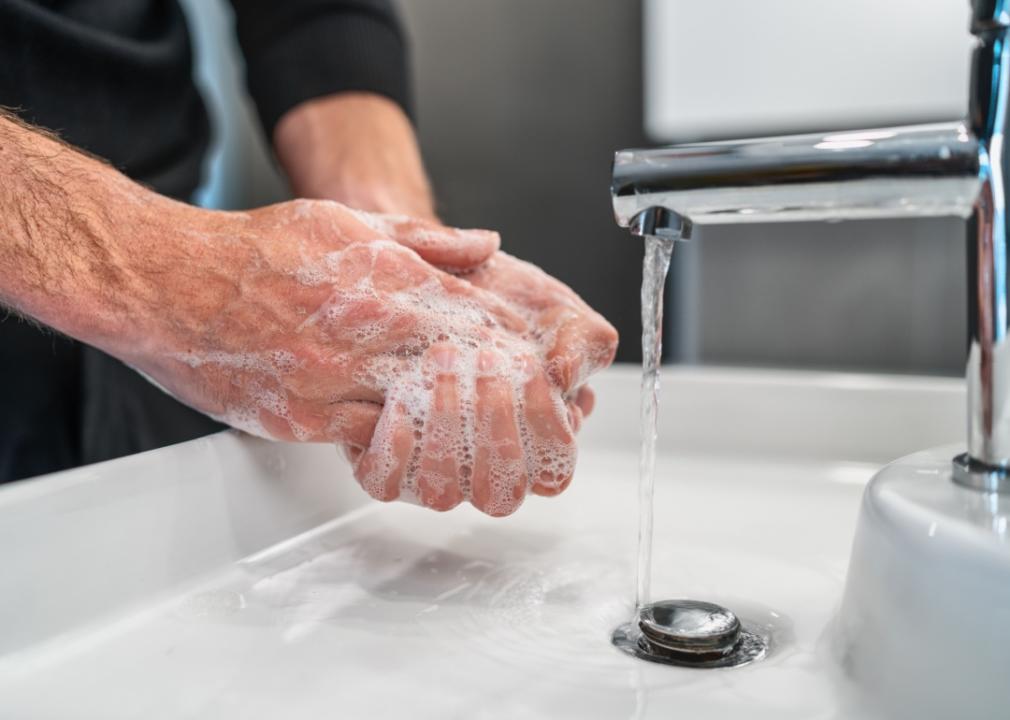
Wash your hands with soap and water
Hand washing is one of the easiest ways to avoid getting sick while traveling. You should always wash your hands with soap and water before eating. Follow the recommended guidelines To protect yourself from the virus, wash your hands with enough soap to cover all surfaces for about a minute. Try humming “Happy Birthday” twice to get the timing right. If soap and water aren’t available, use a hand sanitizer that contains at least 60% alcohol.
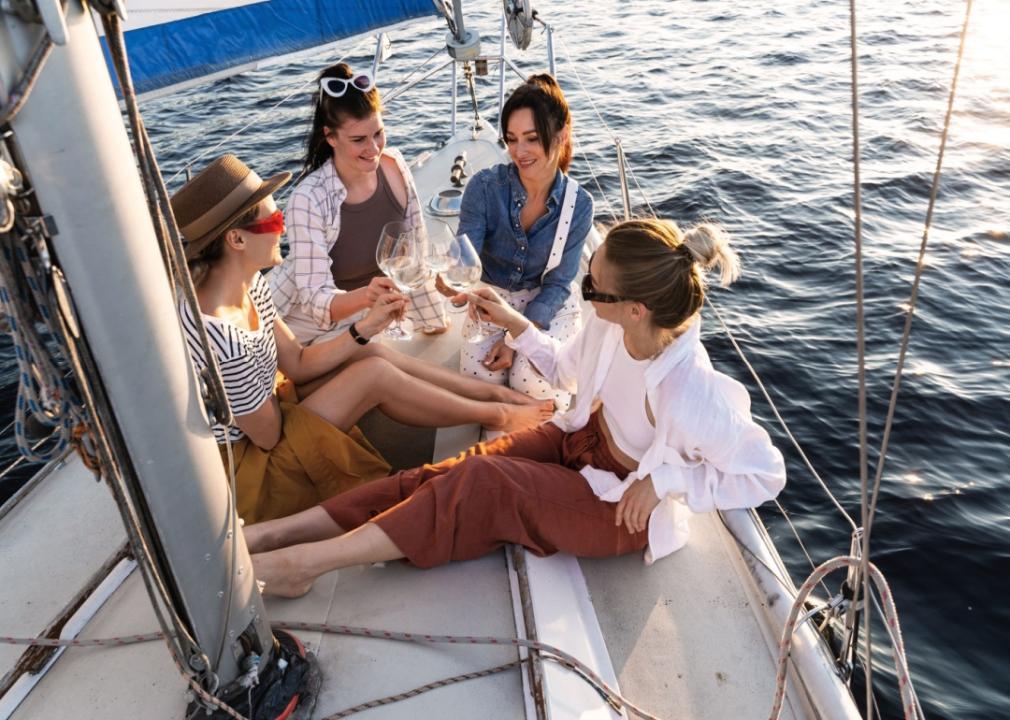
Avoid ice in areas where the water is not safe to drink.
Tap water standards vary from country to country. Many travelers know to avoid tap water if it’s not meant for consumption, but you might forget that rule of thumb when it comes to ice. If you don’t know where the ice comes from, avoid frozen drinks, which likely contain ice cubes made from tap water. Tap water can sometimes be contaminated with harmful substances that could make you sick. If you're craving an ice-cold drink, put bottled water in the refrigerator instead or fill an ice cube tray with disinfected or filtered water.
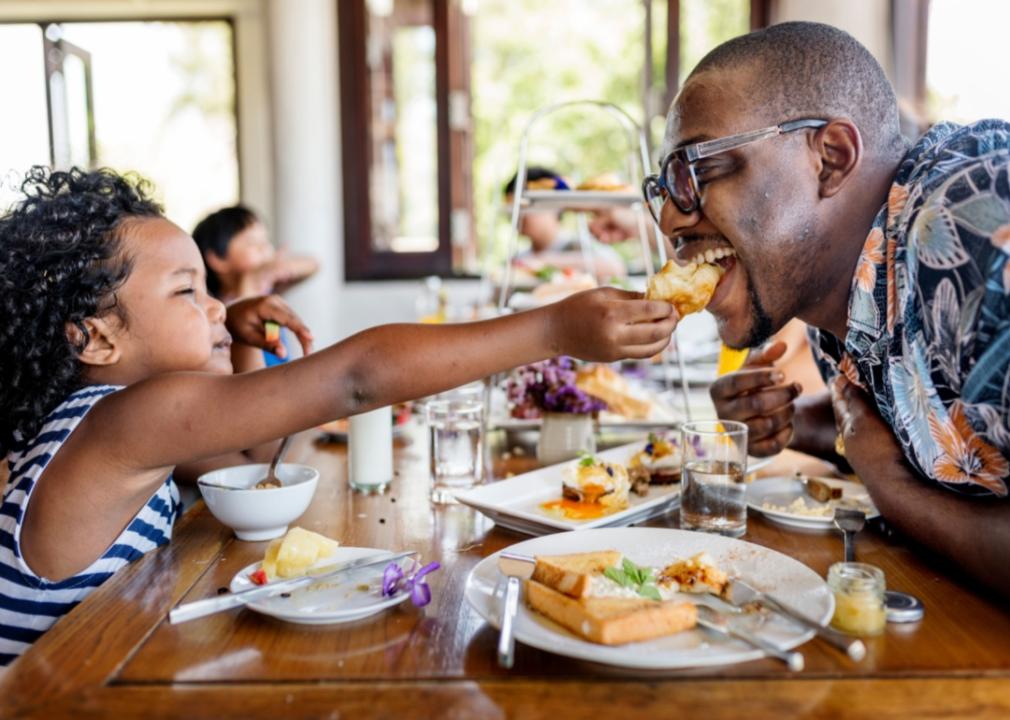
Limit consumption of raw foods
Want to try a piece of sashimi or raw milk cheese while you're traveling? Think twice. Raw foods, whether raw or unpasteurized, are always risky. Cooking foods at high temperatures can kill germs, while raw or undercooked foods can be exposed to pathogens, such as salmonella or E. coliEven finely shredded salads or pre-cut fruits can be contaminated during preparation. The best solution is to peel your fruits and vegetables or avoid raw foods altogether.
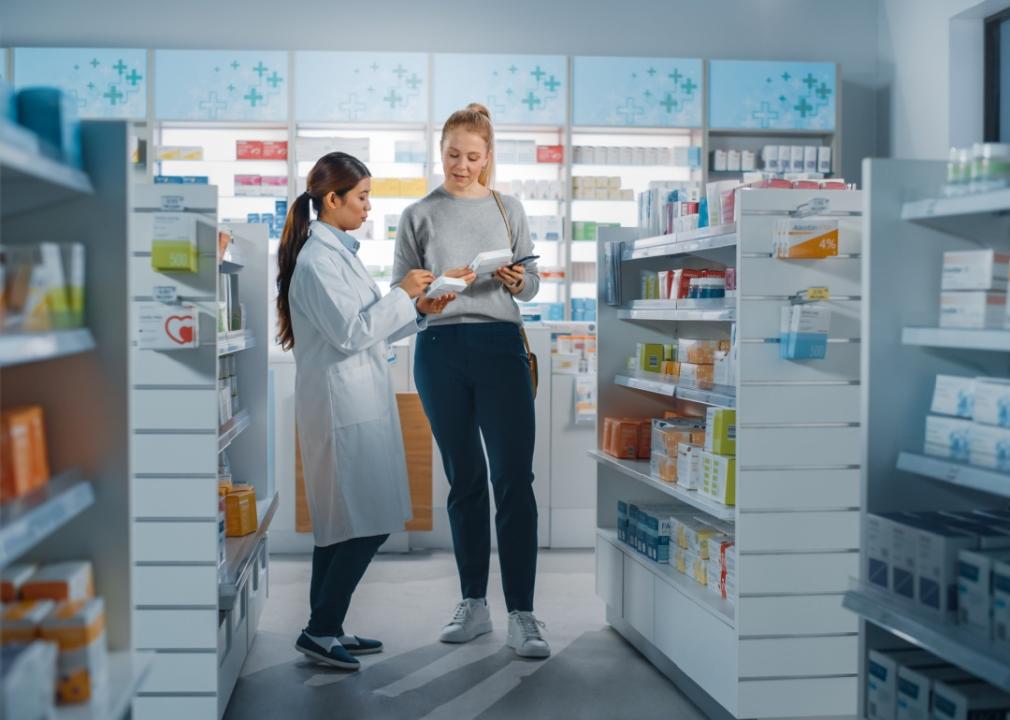
Take Loperamide
Nothing can ruin a vacation like a stomach ache. Traveler's diarrhea is one of the most common illnesses travel related illnessesFortunately, there is relief in the form of loperamide, a medication used to treat diarrhea by slowing down bowel movements. It can ease symptoms and reduce the frequency of trips to the bathroom. Carry it with you or keep its name in mind in case you or another traveler needs to ask a doctor for a prescription at your destination.
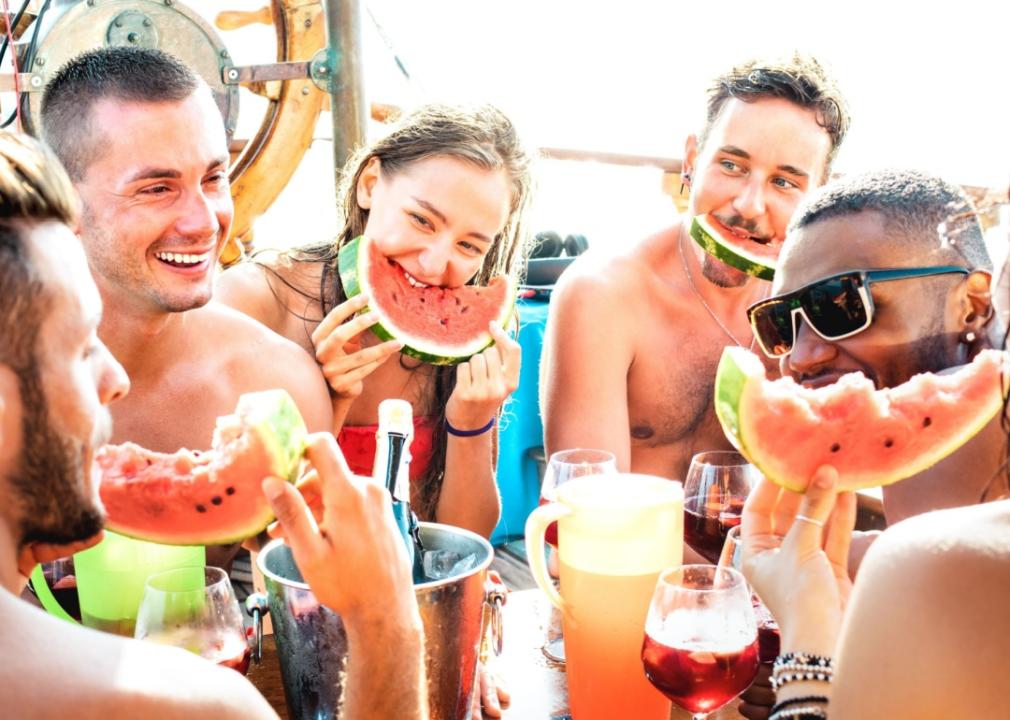
Respect the 2 hour rule
Planning on enjoying a picnic or buffet while traveling? It sounds like a dream, except that when food is left out for too long, it can spoil. The best way to avoid food poisoning while traveling is to stick to the two-hour rule. When food is left out for more than two hours, guidelines suggest it is no longer safe to eat. This is especially true for perishable items like meat, dairy, cut fruit and seafood. If the outside temperature is above 90°F (about 32°C), the food should be thrown out within an hour.

Be careful with dairy products
Milk, yogurt, and cheesecake are delicious, sure, but they contain more live bacteria than most perishable foods and can make you sick. Check the expiration date before consuming dairy products and opt for the pasteurized variety in sealed packages. Dairy products like milk are pasteurized when heated to a high temperature to kill harmful bacteria. Ice cream can also be a one-way ticket to an upset stomach if it’s contaminated or refrozen, so check the packaging before taking a frozen bite!
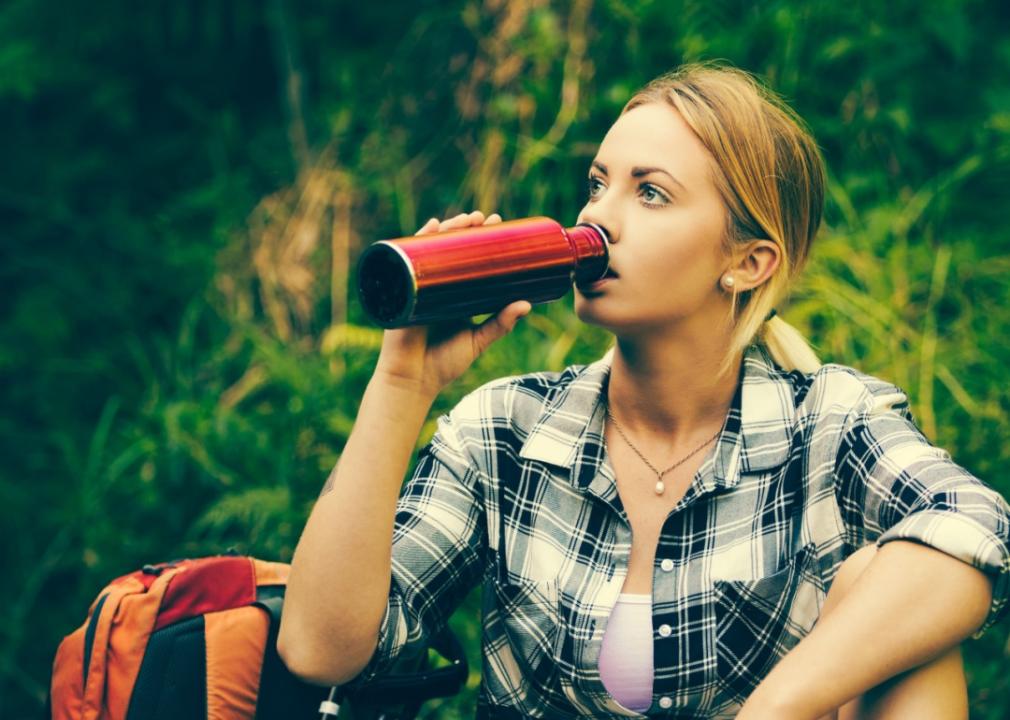
Disinfect your water
Finally, stay hydrated, but make sure the water you drink is clean. There are several ways to treat water While on vacation, disinfect your tap water by boiling, filtering, or chemically treating it. Boiling is the best method because it can kill viruses, bacteria, and parasites, while most portable water filters can only filter out parasites. Bring the water to a rolling boil for at least one minute. If boiling is not an option, opt for bottled water from a reliable source.
By following a few cardinal rules, you can enjoy the sights and delights of the world, rather than the tiles of your hotel bathroom, when you travel.
Text written by Zeynep Güler-Tuck. Edited by Tim Bruns. Photo selection by Ania Antecka.
This story originally appeared on FoodReady and was produced and distributed in partnership with Stacker Studio.

